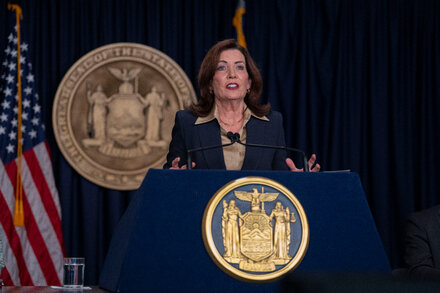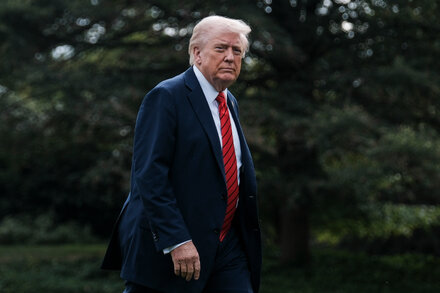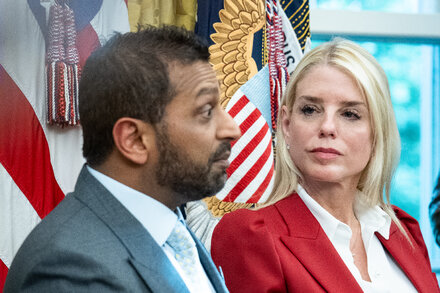Statements from former President Donald Trump regarding the targeting of philanthropic initiatives associated with billionaire George Soros have ignited a fierce debate, prompting expressions of both apprehension and steadfast resolve among left-leaning organizations and their supporters.
The remarks, made in recent weeks, have renewed focus on the Open Society Foundations and other entities funded by Soros, a long-standing target of conservative criticism. Critics of the foundations often allege that their funding influences progressive political agendas and global policy, claims that the foundations consistently deny, asserting their support for democracy, human rights, and rule of law worldwide.
The Former President’s Allegations
Former President Trump’s recent comments have intensified scrutiny on Soros-backed organizations, echoing previous rhetoric that accused them of undermining national sovereignty and domestic policies. While specific allegations vary, the general thrust often centers on the foundations’ support for initiatives related to criminal justice reform, immigration, and electoral processes.
“These foundations, they’re pouring money into radical agendas that are tearing down our cities and our country,” a spokesperson for former President Trump’s political action committee stated in a recent press briefing. “It’s time we shine a bright light on where all this money is really going and what it’s doing to America.”
These assertions have resonated with a segment of the Republican base, aligning with a broader narrative that views Soros as a puppet master funding a globalist agenda.
Fear of Chilling Effects
For organizations and individuals on the left, Trump’s pronouncements have evoked significant concern, particularly regarding potential repercussions. There are fears of increased donor intimidation, heightened regulatory scrutiny, and a delegitimization of their work in the public eye. Many worry about a chilling effect on philanthropic giving and civic engagement, especially for smaller, more vulnerable groups.
“When a figure as prominent as former President Trump singles out a philanthropic network, it sends a shiver down the spine of anyone working to advance open societies,” said a director at a non-profit organization focused on voting rights, which has received Soros funding. “It’s an attempt to silence dissent and demonize legitimate advocacy, and it puts our staff and volunteers at risk.”
Legal experts have also weighed in, cautioning that such rhetoric could lay the groundwork for politically motivated investigations or audits, potentially diverting crucial resources from social programs to legal defenses.
Pledges of Continued Advocacy
Despite the palpable fear, many progressive leaders and organizations have responded with a strong show of defiance, vowing to redouble their efforts and continue their work without faltering. Fundraisers report an uptick in donations from individuals eager to counter what they perceive as an attack on civil liberties and democratic institutions.
“We will not be intimidated. Our mission to build vibrant and inclusive democracies is more critical now than ever,” stated a representative for the Open Society Foundations in a public release. “We stand by our partners and grantees, and we will continue to support their vital work around the globe, regardless of political attacks.”
Activists and community organizers have similarly expressed their determination to push forward, viewing the former President’s statements as an affirmation of the impact their work is having. They emphasize that their funding supports a wide range of initiatives, from public health and education to environmental protection and journalistic integrity, all of which they deem essential for a functioning democracy.
As the political landscape continues to evolve, the clash between conservative critiques of Soros’s influence and the progressive defense of his foundations’ work highlights a deep ideological divide, with significant implications for the future of philanthropic engagement and political discourse in the United States.
Source: Read the original article here.





